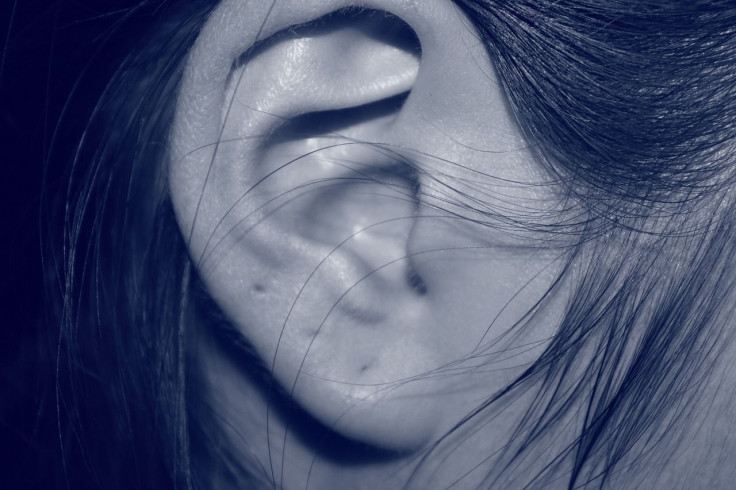Do You Hear What I Hear? Experiences Shape The Brain And What You Hear May Sound Different To Someone Else

In a recent talk delivered at the Falling Walls Conference in Berlin this week, Northwestern University researcher Dr. Nina Kraus introduced an intriguing new concept: The sounds you hear in life can physically change your brain. According to Kraus, activities such as learning a musical instrument or speaking multiple languages influence the way an individual's brain interprets sound and, due to these individual factors, we may all be hearing the world in our own unique way.
A veteran in the field of auditory neuroscience, Kraus has made numerous contributions to our understanding of language and the brain, such as finding that music education can improve a student’s academic performance. In her most recent work, Kraus was able to devise a new way to measure what happens in the brain when it’s processing sound. To do this, Kraus and her team played either speech or music to volunteers. As this was being done, they used an EEG, electroencephalogram, to measure the electricity created by the brain as it interpreted the sound.
In a recent statement, Kraus explained that her method of measuring auditory brain activity involves using how the brain processes pitch, timing, and timbre, elements which she described as “essential ingredients in sound.” In doing so, Kraus came upon an brilliant discovery: “The sounds of our lives change our brains,” Kraus explained.
The findings indicate that different life experiences, such as playing music, living with a language disorder, or even experiencing severe poverty can influence our ability to process sound. Ultimately, Kraus’s finding suggest that we are all hearing sounds differently. For example, Kraus recently told WNYC Only Human through her research, she observed that autistic children do not process pitch as well. Seeing as pitch is often used to discern emotion, this may help to explain why autism is often characterized by difficulties in developing social skills. In addition, Kraus found that children with learning disabilities, such as dyslexia, often have neurons which fire out of sync. This may make sounds appear to have more of an echo than they would to the average listener.
Other findings in Kraus’s research were that bilingual individuals and musicians tend to have better hearing, due to years of training their brains to pick up certain sounds, WNYC reported. For example, past research has shown that individuals who actively play music can actually hear better in a noisy setting and are able to discern target sounds from background noise better than those without musical training. Also, as we age we all develop more background noise in our heads, which makes hearing more difficult.
The ability to measure how the brain processes sound has far-reaching real-life applications. For example, Kraus’s work revealed that sound processing in the brain can be a neurological marker for issues such as autism, dyslexia, and learning delays. Identifying these markers early on could help ensure that children get the best treatment possible. In addition, Kraus found that measuring how a pre-linguistic child processes sound can be a good predictor of future reading abilities.
Source: Kraus N. How Music and Language Shape The Brain. Berlin Falling Wall Conference. Germany. 2015.



























